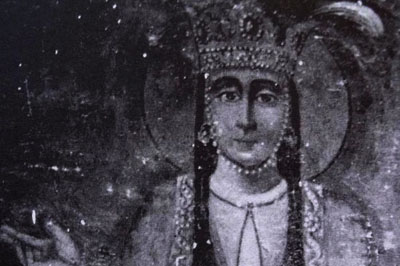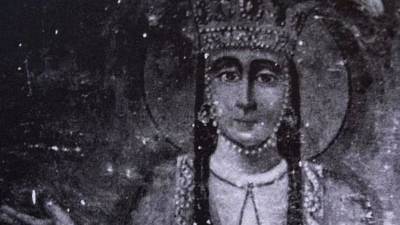Lost Remains of Martyred Georgian Queen Unearthed
Source: livescience.com

The remains of a woman kept in an Indian church likely belong to an ancient queen executed about 400 years ago, a new DNA analysis suggests.
The DNA analysis suggests the remains are those of Queen Ketevan, an ancient Georgian queen who was executed for refusing to become a member of a powerful Persian ruler’s harem. The findings are detailed in the January issue of the journal Mitochondrion.
Tumultuous life
Ketevan was the Queen of Kakheti, a kingdom in Georgia, in the 1600s. After her husband the king was killed, the Persian Ruler, Shah Abbas I, besieged the kingdom.
"Shah Abbas I led an army to conquer the Georgian kingdom and took Queen Ketevan as prisoner," said study co-author Niraj Rai, a researcher at the Centre for Cellular and Molecular Biology in Hyderabad, India.
Queen Ketevan languished in Shiraz, Iran, for about a decade. But in 1624, Shah Abbas asked the queen to convert to Islam from Christianity and join his harem. She refused, and he had her tortured, then executed on Sept. 22, 1624. Ketevan the Martyr was canonized as a saint by the Georgian Orthodox Church shortly after.
Missing relics
Before her death, Queen Ketevan had befriended two Augustinian friars who became devoted to her. Legend had it that, in 1627, the two friars secretly dug up her remains and smuggled them out of the country. An ancient Portuguese document suggested her bones were held in a black sarcophagus kept in the window of the St. Augustinian Convent in Goa, India.
[...]
Read the full article at: livescience.com






















